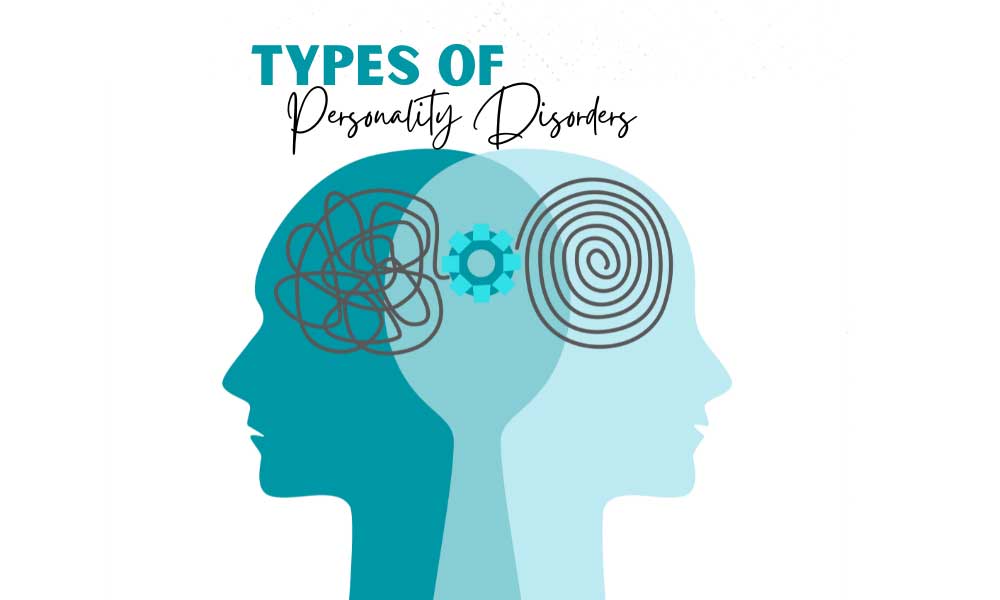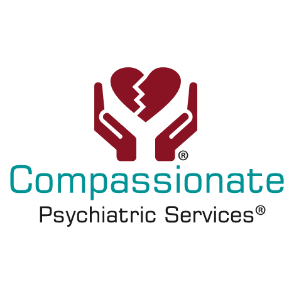Explore symptoms, diagnosis, and evidence-based treatments for managing personality disorders effectively.
Our personality is what makes each of us unique; our patterns of thinking, feeling, and behaving. It is when these patterns become deeply ingrained, inflexible, and interfere significantly with daily life, that they may be considered a personality disorder.
Here’s a closer look at personality disorders, how they are diagnosed, and the treatment paths available.
What Are Personality Disorders?
Learn how persistent patterns of thinking and behavior can signal a diagnosable mental health condition.
Personality disorders are a group of mental health conditions characterized by enduring, rigid patterns of thought and behavior that deviate from societal expectations. These patterns typically begin in adolescence or early adulthood and can cause distress in various areas of life, including work, relationships, and self-image.
Types of Personality Disorders: Clusters A, B, and C Explained
A breakdown of the 10 personality disorders by behavior patterns and diagnostic clusters.
Mental health professionals categorize personality disorders into three clusters:
Cluster A: Personality Disorders with Odd or Eccentric Behavior
Recognizing symptoms of paranoid, schizoid, and schizotypal disorders.
- Paranoid Personality Disorder– a personality disorder characterized by a pervasive pattern of distrust and suspicion of others, leading to the belief that their motives are malicious or harmful.
- Schizoid Personality Disorder- a personality disorder characterized by a lack of interest in social or intimate relationships, difficulty with expressing emotions, and a preference for a solitary life.
- Schizotypal Personality Disorder– a personality disorder characterized by a pervasive pattern of social and interpersonal deficits, along with cognitive or perceptual distortions and eccentric behaviors.
Cluster B: Personality Disorders with Dramatic or Erratic Behavior
Understanding antisocial, borderline, histrionic, and narcissistic disorders.
- Antisocial Personality Disorder– a personality disorder characterized by a persistent pattern of disregard for and violation of the rights of others, beginning in childhood or adolescence and continuing into adulthood.
- Borderline Personality Disorder – a personality disorder characterized by significant instability in emotions, relationships, and self-image, along with impulsive behaviors.
- Histrionic Personality Disorder – a personality disorder characterized by a persistent pattern of excessive emotionality and attention-seeking behaviors.
- Narcissistic Personality Disorder – a personality disorder characterized by an exaggerated sense of self-importance, a persistent need for admiration, and a lack of empathy for others.
Cluster C: Personality Disorders with Anxious or Fearful Behavior
Identifying avoidant, dependent, and obsessive-compulsive personality traits.
- Avoidant Personality Disorder – characterized by a persistent pattern of social inhibition, feelings of inadequacy, and hypersensitivity to negative evaluation.
- Dependent Personality Disorder – characterized by a persistent pattern of social inhibition, feelings of inadequacy, and hypersensitivity to negative evaluation.
- Obsessive-Compulsive Personality Disorder– characterized by a persistent pattern of preoccupation with orderliness, perfectionism, and control, often to the point of interfering with daily life and relationships.
How Personality Disorders Are Diagnosed
Insight into the clinical process and tools used by mental health professionals for accurate diagnosis.
Diagnosing personality disorder involves a comprehensive assessment by a mental health professional. This typically includes:
- A detailed clinical interview
- Psychological questionnaires or assessments
- Review of personal history and functioning
It’s crucial to differentiate personality disorders from other mental health conditions, as symptoms can overlap. Diagnosis is made based on criteria from the Diagnostic and Statistical Manual of Mental Disorders (DSM-5).
At Compassionate Psychiatric Services, our experienced clinicians provide thorough evaluations to understand your unique challenges and strengths. We prioritize a nonjudgmental, collaborative approach that respects your individual experience.
Treatment Options for Personality Disorders
Explore therapy modalities, medication, and holistic care approaches that support long-term healing.
While personality disorders can be challenging, many people experience significant improvement with the right support. Treatment may include:
Psychotherapy for Personality Disorders
Evidence-based treatments like DBT, CBT, and psychodynamic therapy explained.
The cornerstone of treatment. Dialectical Behavior Therapy (DBT), Cognitive Behavioral Therapy (CBT), and psychodynamic therapy are particularly effective. Our therapists at Compassionate Psychiatric Services are trained in evidence-based modalities tailored to each person’s needs.
Medication Management for Co-occurring Symptoms
How psychiatric medications support mood and anxiety regulation alongside therapy.
While not used to treat personality disorders directly, medications can help manage associated symptoms like depression, anxiety, or mood instability. Our psychiatric providers specialize in thoughtful, personalized medication management.
Compassionate, Integrative Care at Our Clinic
Holistic support that combines therapy, medication, and lifestyle interventions. At Compassionate Psychiatric Services, we take a comprehensive approach, integrating therapy, medication management, lifestyle support, and family education to promote long-term wellness.
Flexible Telepsychiatry and In-Person Options
Convenient care from anywhere with expert psychiatric support. We offer flexible options for care, including convenient telehealth appointments and in-person visits at our welcoming clinic locations.
Living with a Personality Disorder: Finding Support and Hope
Encouragement and next steps for individuals and families navigating personality disorders.
Living with a personality disorder can feel isolating, but with understanding, patience, and professional help, recovery and meaningful change are possible. Our team is here to provide personalized, judgment-free support every step of the way.
You Are Not Your Diagnosis: Compassionate Help Is Here
At Compassionate Psychiatric Services, healing is always possible with the right care.
If you or a loved one may be struggling with a personality disorder, don’t hesitate to reach out. Compassionate Psychiatric Services is committed to helping you navigate the path toward mental wellness with empathy and expert care.


